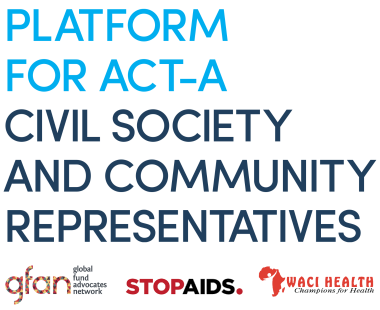The Global COVID Communities Board (GCCB) was established in August 2022, to ensure that the voices of communities and people with lived experience of COVID are central to global action on COVID, and to prepare for future pandemics so that responses build on the lived experiences of communities and those most affected. GCCB brings together individuals from communities directly affected by COVID, including those living with Long COVID (also known as PASC, post-acute sequelae SARS-CoV-2 infection), as well as those who are part of community-based organizations, networks or groups who advocate for, and represent the broader voices of communities experiencing severe impacts of COVID-19.
The idea for GCCB emerged through the multi-stakeholder structures of ACT-A (the Access to COVID-19 Tools Accelerator) and is now focused on engaging in a meaningful way with ACT-A and its successor global structures, especially those focused on meeting the needs of low-income and middle-income countries. The GCCB works with the ACT-A Civil Society Platform to engage with ACT-A; the Platform provides some secretariat support to GCCB.
GCCB is a new and emerging structure which seeks to engage with diverse communities with lived experiences of COVID in all countries. Currently GCCB members come from Bangladesh, Haiti, India, Indonesia, Kenya, Nigeria, South Africa, Uganda and the UK – they include people with a broad range of experiences of COVID and who are working at local, regional and global levels to advance the response. The GCCB organizational and Governance structures are emerging and in November 2022 GCCB members elected two co-Chairs to lead their work: Dr Fatima Fanna (Nigeria) and Ms. Robin Gorna (UK/South Africa), and has recently established a series of Working Groups.
The GCCB is developing a three-year strategic plan. This will be developed during the period of ACT-A transition, and will therefore be delivered in March 2023. GCCB looks forward to expanding its membership as the mandate and role grows. In the meantime, GCCB members will utilize multiple global opportunities, including through ACT-A, to represent the voices and needs of their communities which are most impacted by COVID-19, ensuring that lived experiences are brought into dialogues with ACT-A, the Pandemic Fund and other global structures.
Contact: gccb06059[at]gmail.com
GCCB Co-Chairs
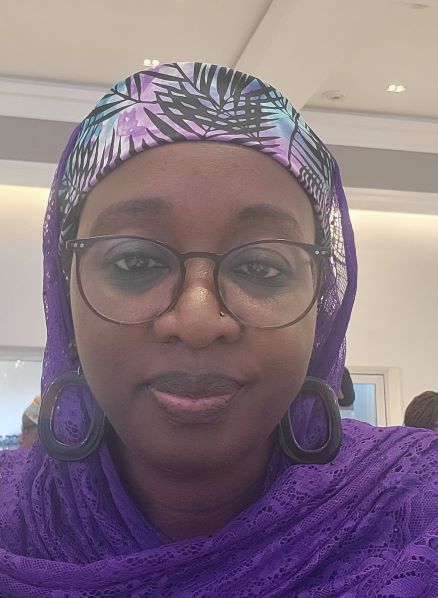
Dr Fatima Fanna Mairami is a public health physician and an experienced manager who has worked in maternal and child health, malaria, family planning (FP), COVID-19 and health systems strengthening programmes for 10 years. She has experience with United States Government (USG)-funded projects. Fatima is skilled in program management, including proposal development, work plan development and implementation. She is experienced in the coordination of subnational teams, monitoring of indicator performance, effective collaboration with project partners and host governments and focus on results. Fatima currently works at Pathfinder International, Nigeria as Technical Advisor, Quality, on the FHM-Engage project. Prior to this role, Fatima was the lead facilitator at the Nigerian Interfaith Action Association, empowering and providing health information to communities through their religious leaders and platforms. https://authenticnewsdaily.wordpress.com/2022/03/26/nifaa-asks-fg-to-make-covid-19-vaccine-accessible-available/
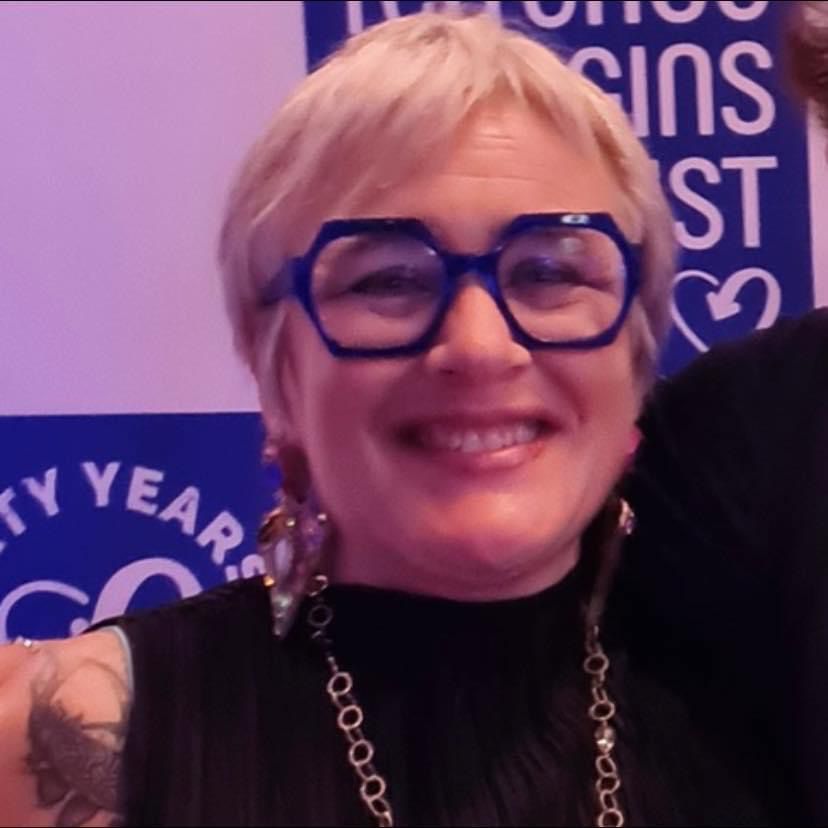
Robin Gorna is also the Vice-Chair of the Technical Review Panel (TRP) of the Global Fund to fight AIDS, TB and Malaria. She also advises the UK NHS (National Health Service) as a “Patient and Public Voice” representative, on behalf of people living with Long COVID – having experienced persistent and diverse symptoms since her first COVID infection on 1 May 2020. A writer and activist since the mid-1980s when she volunteered for the Terrence Higgins Trust (the UK’s national AIDS charity) during the early days of the AIDS crisis. Her focus has been AIDS, women’s rights and advocacy and since early 2020 she has been writing about Covid, the lessons that AIDS activism can teach – and subsequently her own experiences living with Long COVID. Her book Vamps, Virgins and Victims: How can women fight AIDS? (Cassell, 1996) was one of the first to describe the impact of AIDS on women. Robin has served as Executive Director of the Australian Federation of AIDS Organisations, the International AIDS Society and the Partnership for Maternal, Newborn and Child Health (PMNCH, hosted by the World Health Organisation). She also co-founded Women4GlobalFund and the global SheDecides movement to advance the rights of women and girls to decide about their bodies. In 2003 she set up the UK government’s global AIDS policy team at DFID (the UK government’s Department for International Development), and after launching the UK Strategy, and creating substantial policy change at global level, she relocated to lead the UK’s health and AIDS work in Southern Africa. She continues to live between the UK and South Africa. See: www.robingorna.com
GCCB Members
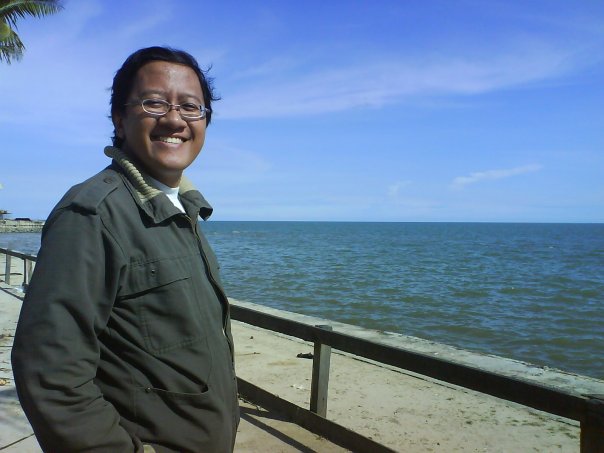
Andri Prawika Kurniawan, Chair, Mobilizing and Connecting Communities Working Group Four months after Covid 19 ‘officially’ was announced by the Indonesian government, Andri tested positive for Covid 19. Even though he was only hospitalised for 8 days, the continuous effects of Covid 19, later called Long COVID, sometimes made him unable to carry out his duties as Project Manager at a media company in Jakarta.
He met with the founder of the group “Covid Survivor Indonesia”, a non-profit organisation that gathers together Covid survivors in Indonesia, and took steps to share with others about the symptoms of Long COVID, including through social media, with information on how to manage and handle those symptoms. He also spread awareness that this pandemic is still ongoing and that Long Covid serious symptoms are serious and culminate in a degraded life quality for the survivors of Covid 19.
When conducting hearings and advocacy, he and his colleagues in Covid Survivor Indonesia discuss with policy makers and workers unions. In addition, to provide a wider exposure, he and the team of Covid Survivor Indonesia also held a hearing with a team from the Ministry of Health and the Indonesian Medical Association.
Social media handles :
Instagram : @andripkurniawan
Facebook : Andri Prawika Kurniawan
Twitter : @apkisandri
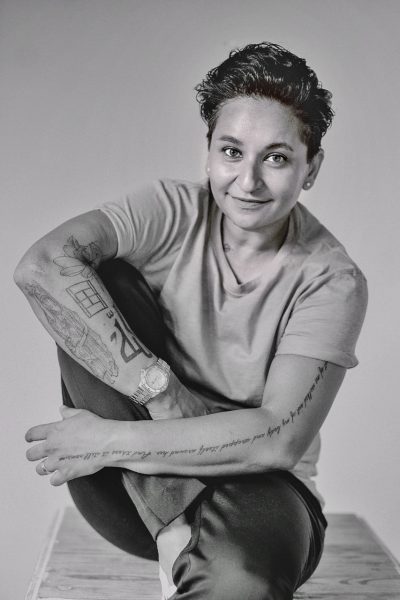
Haji Mohammed Dawjee is a journalist, author and columnist from South Africa who has published a wide portfolio of writing about not only her personal experience of living with Long Covid but also shared credible and factual information on the condition. Haji continues sharing stories from the perspective and experience of individuals and communities who have Long Covid and she has also advocated for intervention, with the Department of Health, to enhance and improve service provision across the country. As someone who has been living with Long Covid for two years now, Haji has become part of several online communities both on Twitter and Facebook – mostly to help disseminate information and seek support and advice in some instances. Members of online communities like: Long Covid Support Group and Long Covid Support: South Africa are often desperate for help, intervention and mental health care because this is a community that is extremely vulnerable to depression, anxiety and in some cases, suicidal ideation. See one of her article’s on Long Covid here: the importance of accessible research to tackle long covid. Social Media Handles: Facebook: fb.com/hajimd, Twitter: @sage_of_absurd and Instagram: @sage_of_absurd
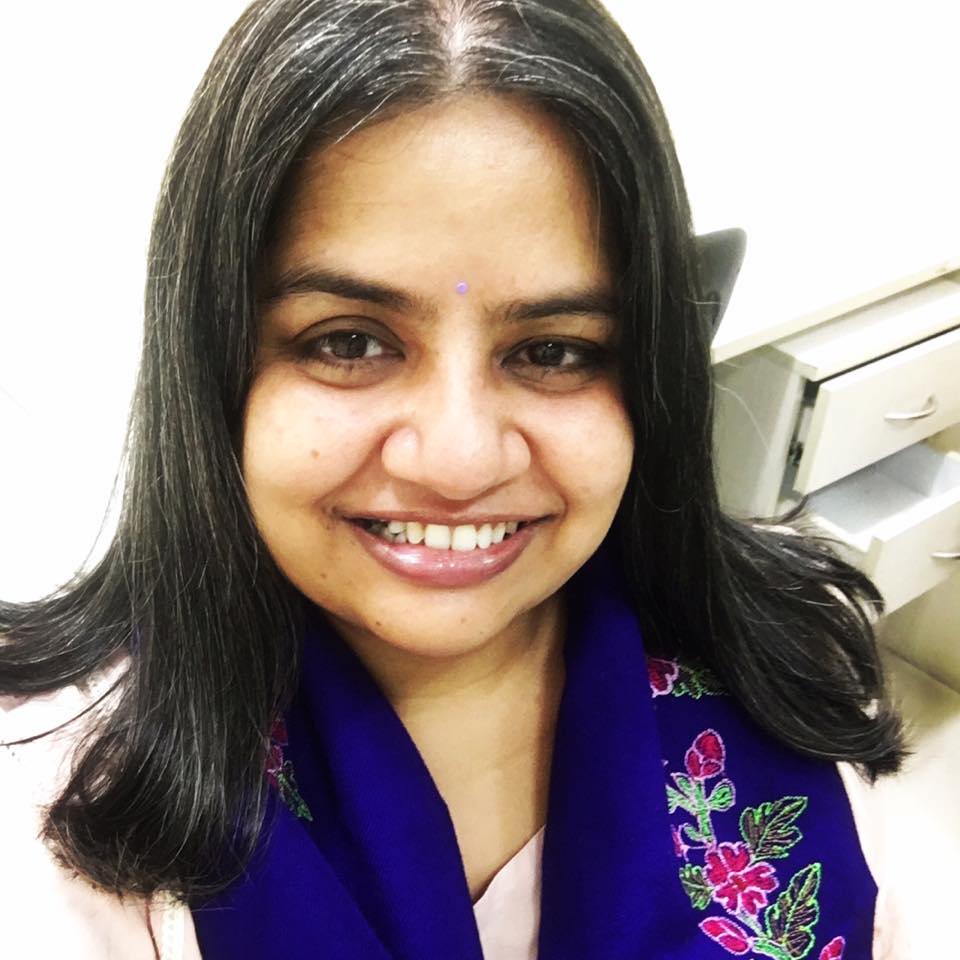
Harjyot Khosa, Chair, Global Advocacy and Partnerships Working Group, is currently working as Senior Technical Advisor, at International Planned Parenthood Federation, South Asia Regional Office. Previously, she has worked as a Regional Advocacy Adviser, at India HIV/AIDS Alliance. She has managed and coordinated dynamically with sex workers, women who use drugs, LGBTIQ+, people who use drugs, children and young people and PLHIV communities, to strengthen all aspects of SRHR, TB and HIV care, support, prevention programs, across south Asia.
She is currently serving as one of the CSO representatives on the ‘The Access to COVID-19 Tools (ACT) Accelerator, which is a ground-breaking global collaboration to accelerate development, production, and equitable access to COVID-19 tests, treatments, and vaccines. She is also serving as a CSO representative on the Scientific Working Group, for ‘‘Global Pandemic Preparedness and Response Scheme (I-DAIR)’; CSEM Advisory Group member, which is a key element of civil society representation in UHC2030; and Advisory Group member for the, Civil Society Alliance for Human Rights in the Pandemic Treaty.
She holds a doctorate in Psychology and enjoys reading literature in her free time.
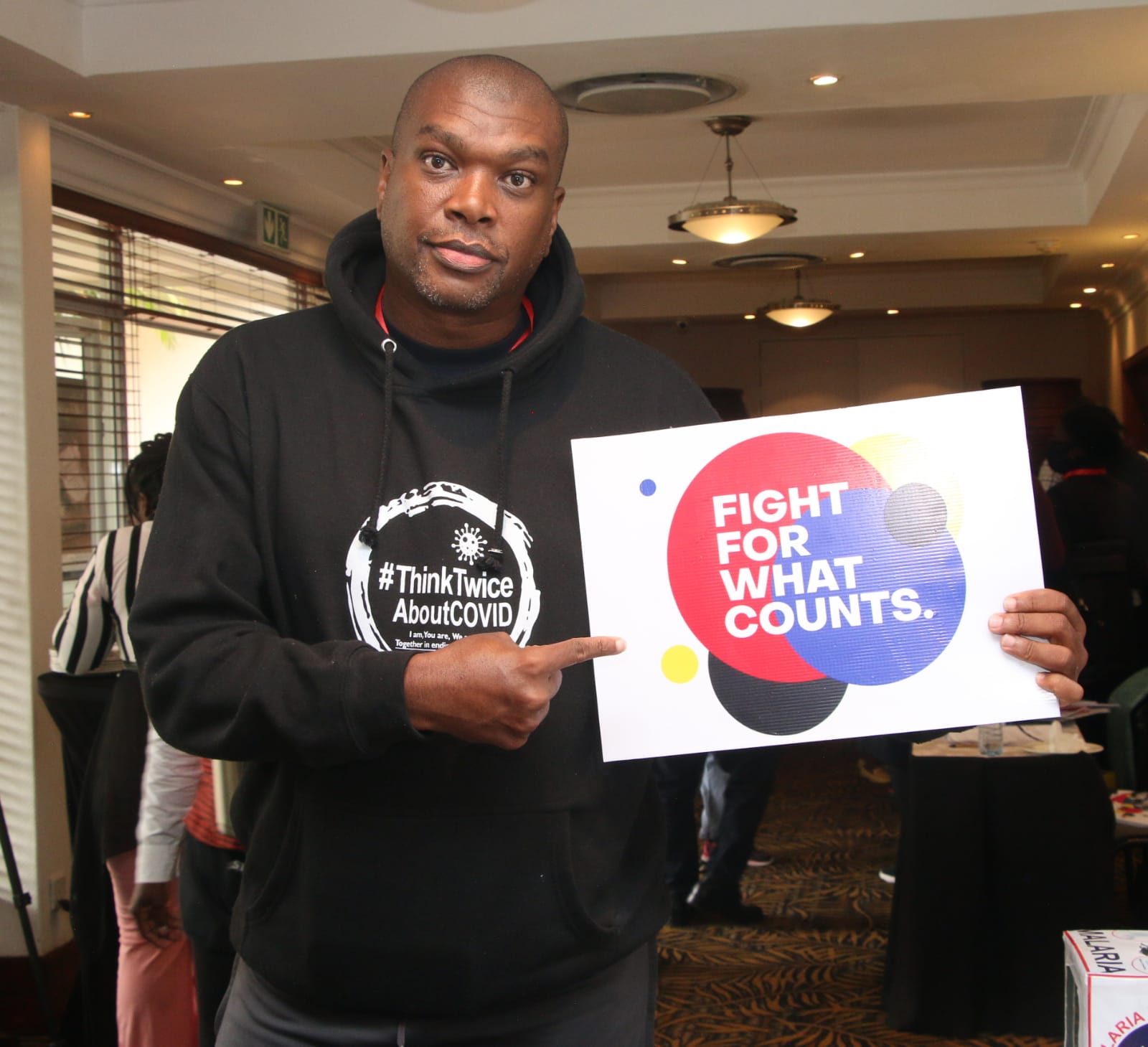
Lwazi Mlaba is the owner of ZOOLOOh International Holdings, a leadership consulting firm established in 2004. Through ZOOLOOh, he has gained extensive experience in corporate South Africa and government entities as a management and leadership consultant with national and regional corporate clients.
In 2012, he started Life by Design, an NGO dedicated to community development in KwaZulu-Natal and ZOOLOOh Country Estate, which seeks to develop the rural communities of KwaZulu- Natal in South Africa. Lwazi Mlaba’s vision is the realization and expansion of his young passion of LIFE, which is to Lead, Innovate, (have) Fun and Excel.
Lwazi has recently been appointed as WHO ACT-A Diagnostics Pillar Representative (Private Sector). He also contributes as a GFAN Africa Advocate and played a role as a Global Fund Champion for the recent 6th Replenishment of the Global Fund to fight AIDS, TB and Malaria. He has participated in the annual World Health Assembly, the UN High Level Meeting on Universal Health Care, the Global Health Summit, ICASA, WEF Africa, SA Aids Conference and Anglo-Africa Civil Society Learning and Sharing Forum.
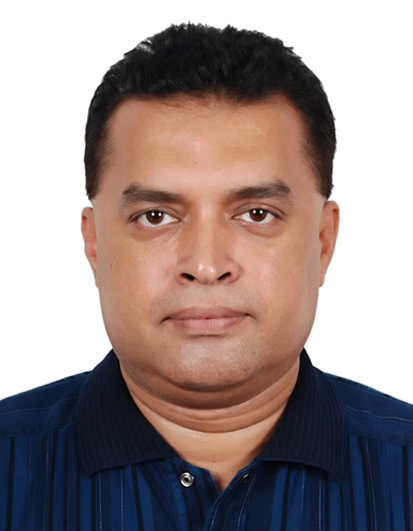
Mohammed Arifur Rahman, is based in Bangladesh where he is the founder Chief Executive of the Young Power in Social Action (YPSA). In Bangladesh YPSA has evolved as a humanitarian organization, responding immediately to the COVID-19 crisis and seeking to safeguard people from suffering in the Chattogram division which is in the south eastern part of Bangladesh. YPSA interventions in response to the COVID-19 Pandemic include capacity development training, IEC materials development, awareness campaigns along with GBV and protection session, community radio programs and advocacy activities, health and psychological support. YPSA has also set up hand washing facilities at public places, distributed hygiene kits, PPE and Dignity kits, disinfected public places, and provided food and cash support during lockdown periods. In addition they have implemented cash for work for most affected people; skills development training for alternative livelihoods, with start-up capital support; and educational coaching Support for students in poor households.
More information on the YPSA response to Covid-19 can be found here:
https://ypsa.org/ypsas-response-to-covid-19-in-greater-chattogram-bangladesh/
https://ypsa.org/2020/08/living-in-a-healthy-violence-free-family-during-covid-19/
Social Media : https://www.facebook.com/MdArifurRahmanYPSA/
https://www.linkedin.com/in/mohammed-arifur-rahman-2138898/
Website : www.ypsa.org
Email: ypsa_arif@yahoo.com
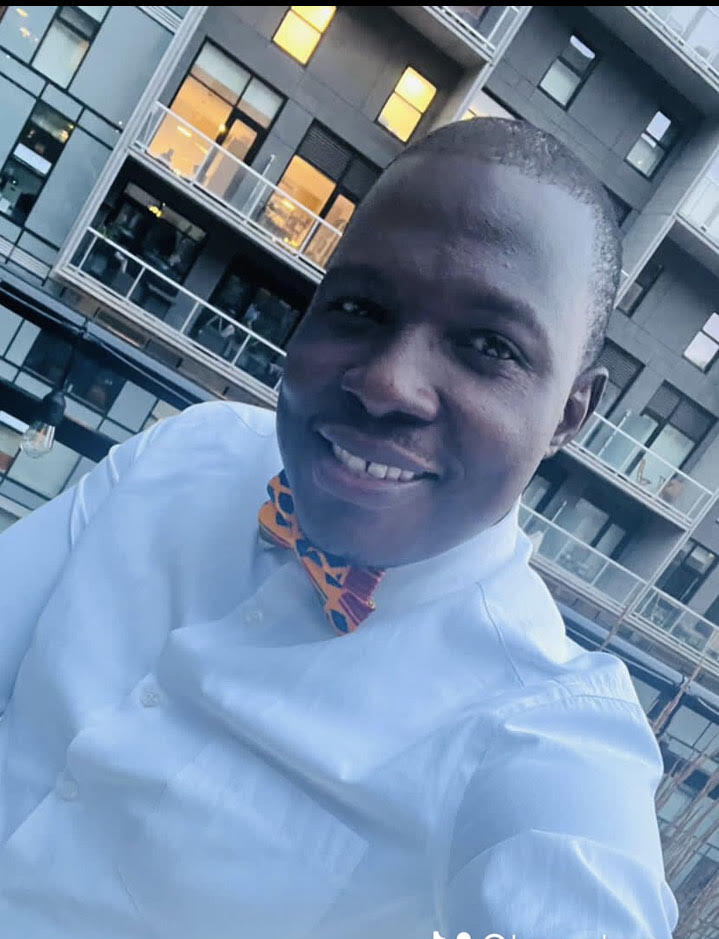
Dr. Musa Lumumba El-nasoor, Chair, Data and Evidence Generation Working Group is the President of the Federation for Uganda Medical Interns (FUMI) and a member of the National Governing Council of the Uganda Medical Association (UMA). COVID-19 came at the time Musa was still a medical student. During the COVID-19 lock down in 2020, Musa volunteered in a district hospital, offering to screen all patients at the Out Patient Department of COVID-19. Being of a civil society background, Musa worked with other young leaders through the Uganda Youth Coalition on Adolescent Sexual Reproductive Health Rights and HIV (CYSRA-Uganda) and the East and Southern Africa Youth Alliance on SRHR and HIV (ESA Youth 2030), to reach young people living with and affected by HIV, with integrated HIV, Reproductive Health and COVID-19 related interventions. He participated in the translation of WHO and Ministry of Health Messages on COVID-19 Prevention, into youth friendly language, contributing to the national response. Through CYSRA-Uganda, he mobilised resources from Frontline AIDS in the UK, to provide 500 families of adolescent girls and young women, with COVID-19 relief items, which included food, sanitary pads, masks and sanitizers.
Social Media Handles: @lu_musah (twitter)
Facebook: https://www.facebook.com/lumumba.nasir
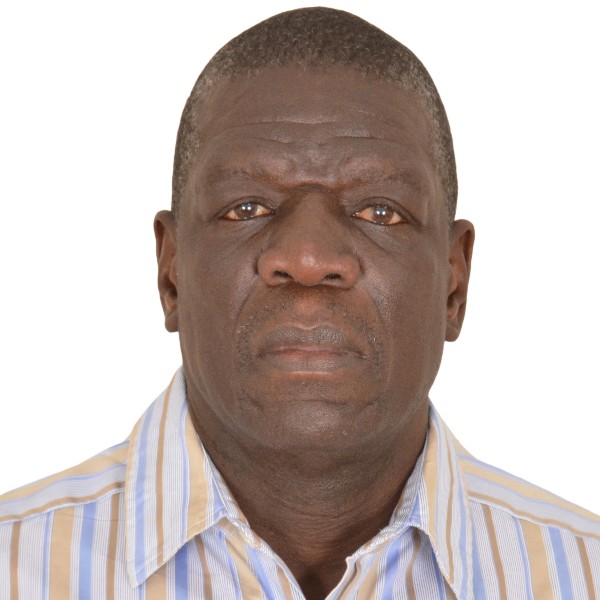
Peter Ngola is the director of Wote Youth Development Projects CBO (Community Based Organisation), a youth managed TB/HIV advocacy organisation in Makueni, Kenya that he founded in the year 2000 in Kenya. Peter is passionate about public health advocacy, specifically access to life saving tools and human rights. He has a master’s degree in Agricultural development and environmental health and has many awards and certificates in health sciences. He co-authored the book “environmental challengers of the 21st century”. He currently serves as board member of Stop TB partnership, a member International Union against TB and Lung diseases and Union Community advisory Panel (UCAP). He is a core group member of TB proof an occupational health care workers organisation that fights TB stigma based in South Africa. Peter also represents communities at the WHO Access to Covid 19 tools Accelerator (ACT-A) and is a member of the Pandemic Advocacy Network. Social media accounts are in the name peter ngola owiti
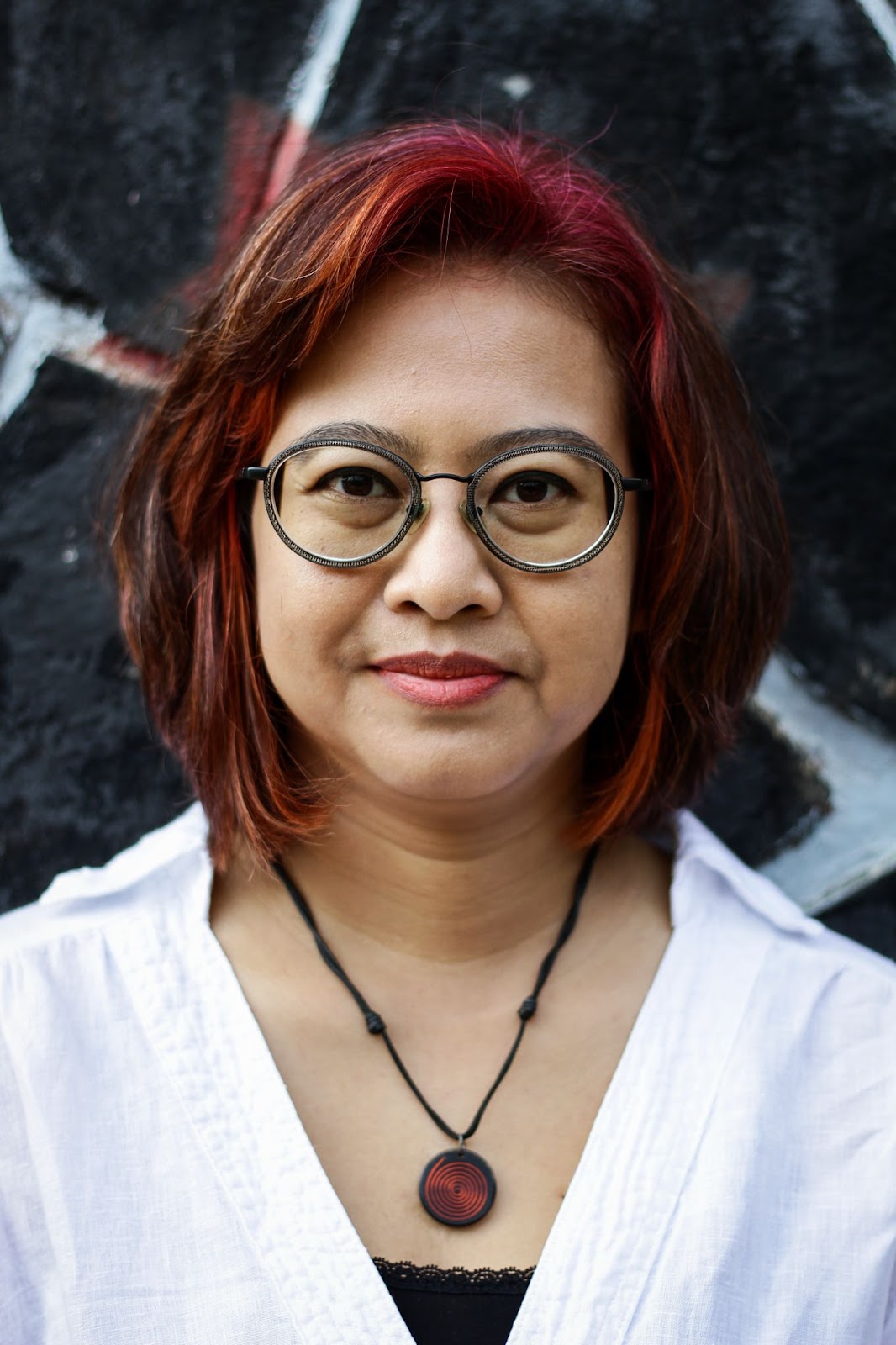
Pitra Nurmalasari Moeis, Chair, Documenting Lived Experiences Working Group is a member of Covid Survivor Indonesia (CSI), a community group dedicated to COVID-19 survivors in Indonesia. They functioned the group as a place to share the experiences, feelings, and stories between survivors and put their focus on advocacy for Long Covid in Indonesia. Pitra plays a role in advocating for attention to the long- term illnesses of COVID-19 or Long Covid to the government with goal of Long Covid to be recognized in the national scale and to take an action to protect people with Long Covid from discrimination in both social and structural ways. Social Media Handles; Instagram: pitramoeis and Facebook: Pitra Moeis
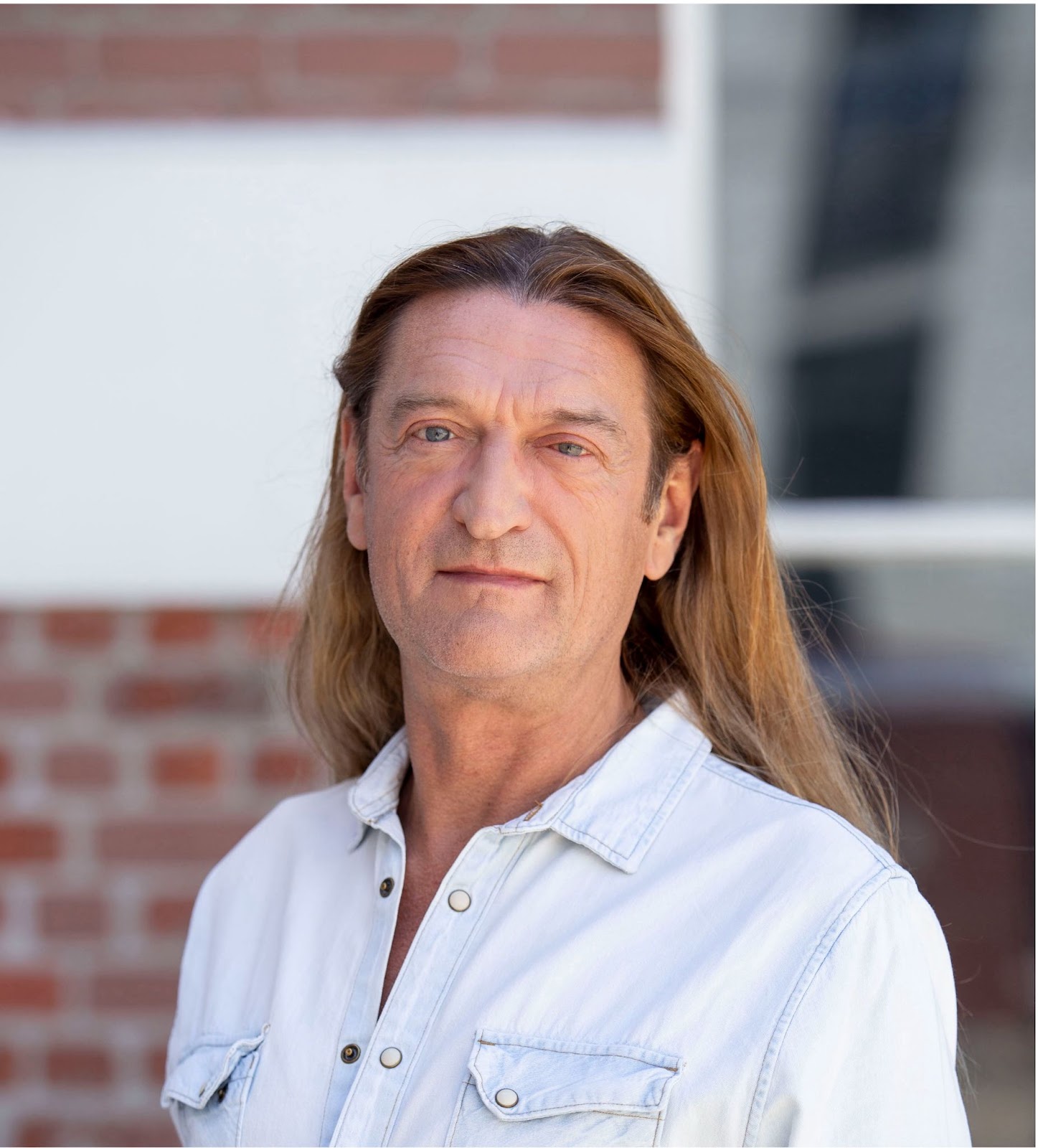
Wim Vandevelde For over two decades I have been committed to full time action on HIV, Hepatitis, TB and C-19 treatment access advocacy, education and medical research.
Shortly after my HIV diagnosis, I became actively involved in treatment advocacy, first in Portugal and later on a European and global level. I am the founder of the Portuguese treatment activist group, GAT, and the community representative on the Core Group of the Stop TB Partnership Working Group on New Drugs. From 2012 till 2018 I was the chair of the Global TB Community Advisory Board (TB CAB), which I co-founded in 2011. I am a former Board member of the Global Coalition of TB Activists (GCTA) and a founding member of the Community Advisory Panel of The Union (U-CAP). I have served on several WHO Guidelines panels and advisory groups with regards to HIV and TB treatments.
Since 2015, I am the Liaison Officer at the Global Network of People living with HIV (GNP+) in South Africa, supporting the Communities Delegation to the Unitaid Board.
Social Media Handles: @VandeveldeWim (twitter)
